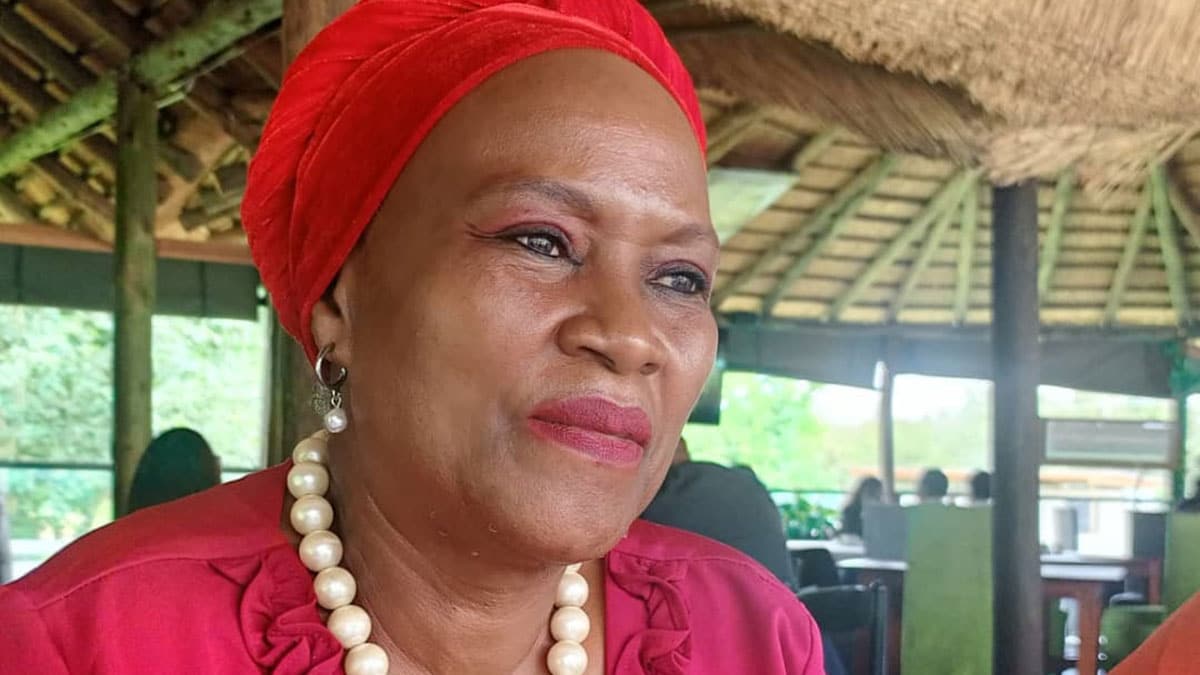Gender issues remain topical yet complex in their diversity and councillors across the country are not yet fully capacitated to deal with some of these topics including how to assist community members.
Speaking in an interview in Maun this week, Kgomotso Seduke a councillor at Sua Town Council who is also a Gender Commissioner for Botswana Association of Local Authorities (BALA), said although more women than men are vocal on gender issues in councils, there is still a need to capacitate these leaders on various gender issues to enable them to wisely inform communities they lead.
“We still see more women actively involved in gender committees, and the establishment of these committees are bearing fruits as we are seeing a difference. Some of the male councillors are beginning to see light and are now speaking more about gender issues because they realise that gender is not only about women but cut across board, it affects us all,” explained Seduke on the sidelines of an ongoing capacity building workshop for gender commissioners and focal persons at Parkview hotel in Maun.
Her committee was elected into office in 2022 and she says ever since they have been holding capacity building workshops for the gender commissioners and focal persons with the aim to prompt debate and bring about better policy decisions at local government level.
“At this point every council has a gender commissioner and a focal person. We are encouraging every council to have an active gender committee and we expect the commissioners to report back to BALA commission so we can keep track of the progress we are making in as far as our mandate on gender issues is concerned,” added Seduke.
Although majority of those attending the workshop in Maun are women, Seduke explained that there was still a gap in that when it comes to gender issues women are pushed forth, but there are some councils whose gender commissioners are men, that includes Okavango and Selebi-Phikwe.
Among issues discussed at the two-day workshop are gender-based violence (GBV) and human rights, mainstreaming gender in council operations and GBV in relations to children safety and protection among other topics.
The mandate here is to also satisfy the United Nations Sustainable Goals (SDGs) and the Southern African Development Community (SADC) protocol on gender development action plans as the two day workshop will see participants come up with a way-forward and action plans in tackling these gender issues.
SDG 5 of the 17 goals is concerned about gender equality and empowerment of girls while the SADC action plans binds state members to achieve specific goals and set time phrames.
BALA introduced gender activation in 2008 following findings by Gender Links that voices of women were not heard at local government.
BALA is an association of councillors which was formed in 1983 with the sole purpose to unite and promote cooperation between all district and town councils in the country.






